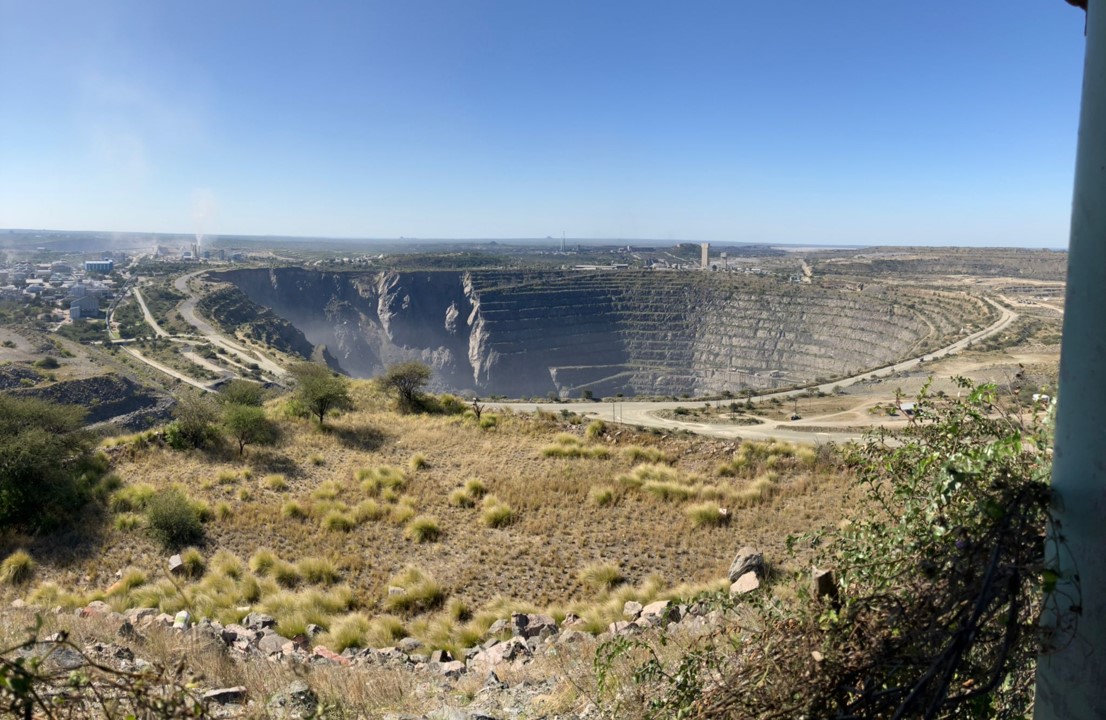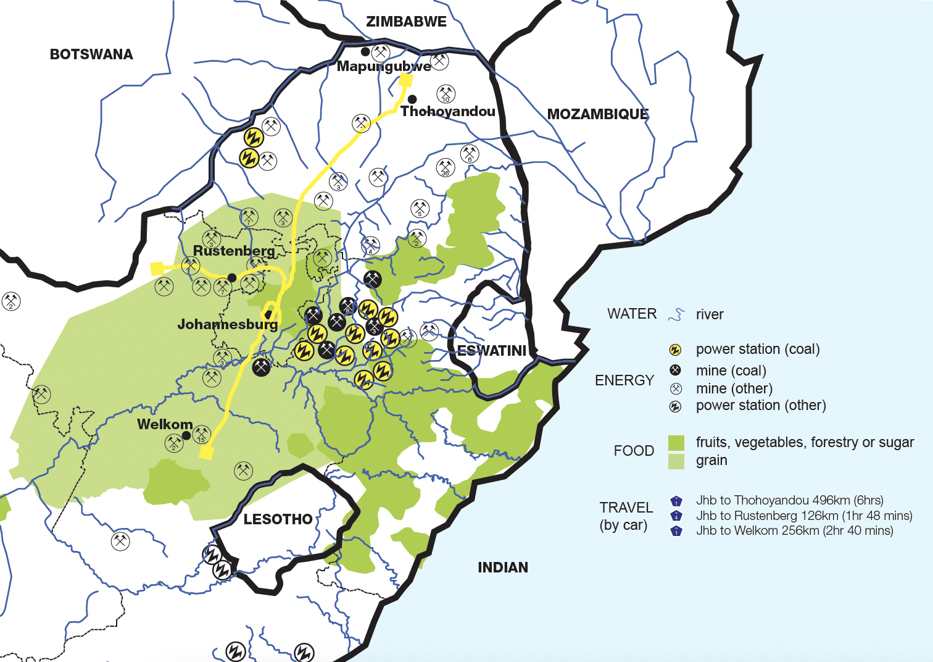Longue Durée of WEF in post-extraction landscapes
The reclamation of post-extraction landscapes is a global issue and intertwined with the WEF nexus. This project proposes the concept of ‘ecosystem participation’, which is explored as a combination of Longue Durée and Reversed Engineering with Nature, as a tool for highlighting, preserving and repurposing post-extraction landscapes in relation to the WEF nexus.
Understanding the changing roles and relations of water, energy and food in these landscapes allows for reactions to the history of extractions, its present impact and future transitions away from it. Through this concept a solid base of Longue Durée and Reversed Engineering with Nature can guide design for a sustainable future. By mapping the spatialised relations of natural and cultural conditions, historically informed design acts to inform and reconnect users with former extraction sites, while fostering a greater understanding and awareness of the intertwined nature of mining, landscape and the history of WEF resources.
The aim is to create a research and design community, theoretical foundation, methodological approach and learning matrix in which the spatial dynamics and Longue durée interactions between water, energy, and food are analysed in extractive and post-extractive contexts to inform an interdisciplinary vision for sustainable futures.
Facts
| Funder: | South African National Research Foundation (NRF) Dutch Research Council (NWO) |
| Programme: | Cooperation South Africa (NRF) | Merian Fund |
| Role TU Delft: | Lead partner |
| Project duration: | 2022-2027 |
| TU Delft researchers: | Dr. Fransje Hooimeijer |
Project partners
University of the Witwatersrand, University of Venda, Wits Mining Institute, Gauteng City-RegionObservatory (GCRO), Yer, IHE-Delft Institute for Water Education, Studio Hartzema, URBANIAHOEVE

